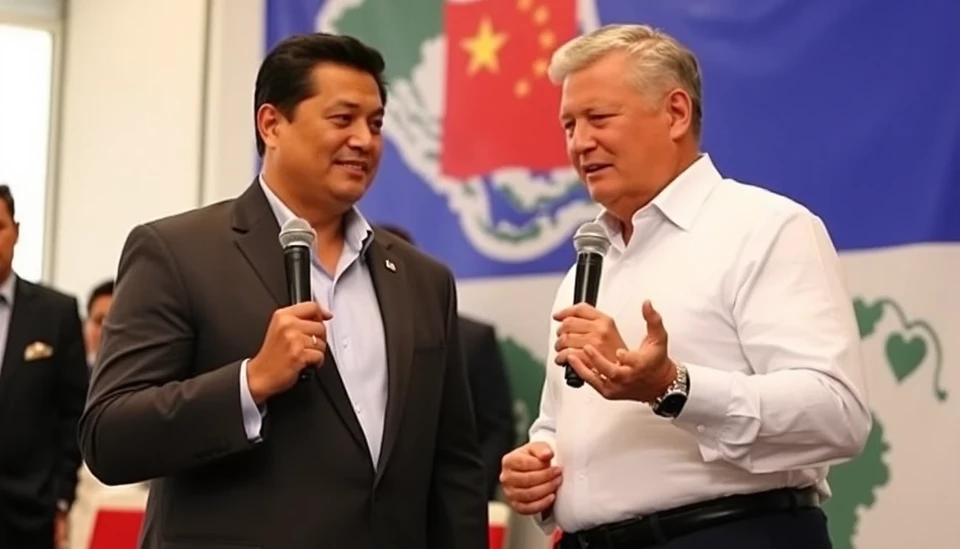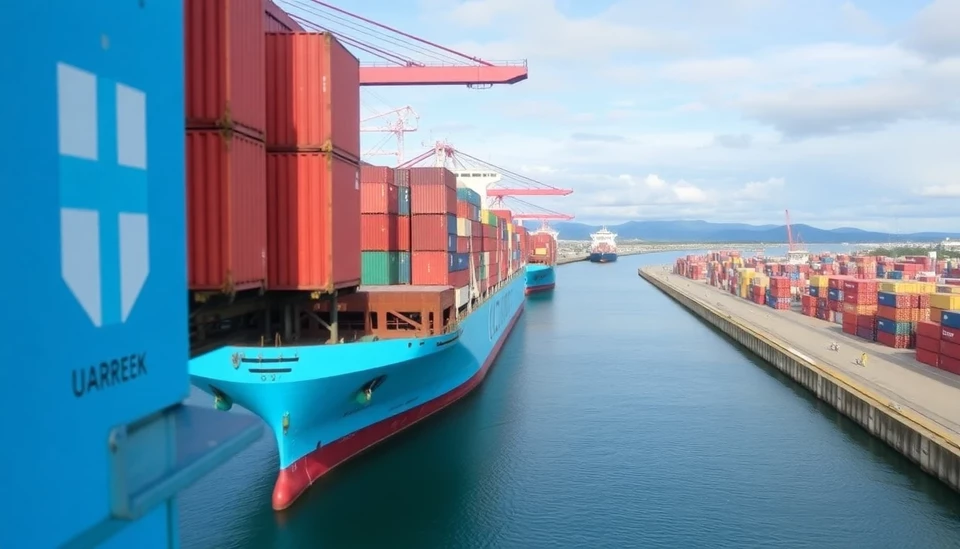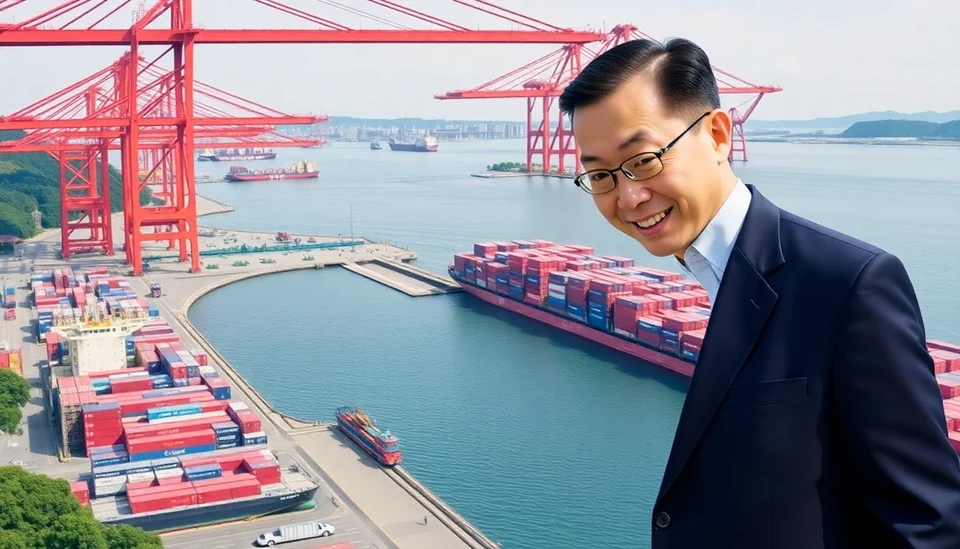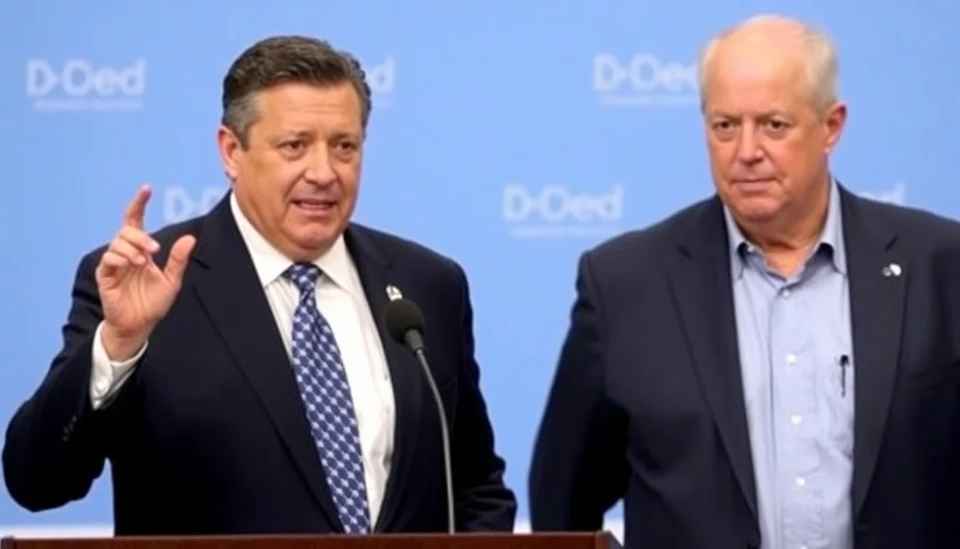
In a recent declaration, U.S. political commentator Pete Hegseth has made headlines by vowing to safeguard the sovereignty of Panama against increasing Chinese influence in the region. Hegseth’s remarks came during a public event that focused on foreign policy and international relations, particularly emphasizing the strategic importance of Panama as a focal point for American interests in Central America.
Hegseth stressed the urgency of addressing the growing footprint of China in Panama, citing the country’s critical location and its role in global trade, primarily due to the Panama Canal. He highlighted that stronger ties have been forged between Panama and China in recent years, including investments in infrastructure and other economic ventures, which raise concerns about the potential erosion of Panama's sovereignty.
At the event, Hegseth pointed out the implications of the Chinese presence in Panama, arguing that it poses risks not only to Panamanian national interests but also to U.S. strategic interests in the region. He articulated the view that America must take a more proactive stance in maintaining support for Panamanian sovereignty and ensuring that the nation does not fall under undue foreign influence that could jeopardize its independence.
Additionally, Hegseth underscored that preserving democracy is paramount and that the U.S. needs to promote initiatives that strengthen Panama's economy while limiting Chinese investments that could lead to increased leverage over the country's decision-making processes. Highlighting past examples of Chinese investments leading to political entanglements in other nations, he called for a robust bilateral partnership that reinforces democracy and mutual respect.
In terms of practical steps, Hegseth suggested enhanced diplomatic engagement with Panama, along with increased investment in local industries and infrastructure projects that align with the values and interests of the United States. He believes that it is vital for Washington to demonstrate its commitment to Panama by facilitating programs that empower and uplift the local population, thus offering a counterbalance to Chinese outreach.
The message resonated deeply with attendees who expressed concerns over external influences affecting Central American nations. Many echoed Hegseth’s sentiments, recognizing the need for vigilance and a re-evaluation of how the United States interacts with its southern neighbors.
Overall, Hegseth's declaration marks a significant moment in the ongoing discourse about U.S. foreign policy in Central America, urging a return to traditional diplomatic practices that emphasize sovereignty, stability, and the prevention of foreign domination in the region.
As global dynamics shift, particularly with China's growing assertiveness, Hegseth’s clear call to action might serve as a motivating factor for U.S. policymakers to reassess their strategies concerning alliances and partnerships throughout Central America, with Panama standing out as a crucial ally.
In summary, the emphasis placed by Hegseth on Panama's sovereignty and the ramifications of foreign influence underscores the complexities of contemporary geopolitics. The situation is evolving, and many will be watching closely to see how the U.S. plans to respond to these challenges in the future.
#Panama #Sovereignty #ChinaInfluence #USForeignPolicy #CentralAmerica #Hegseth #InternationalRelations #Geopolitics
Author: Megan Clarke




